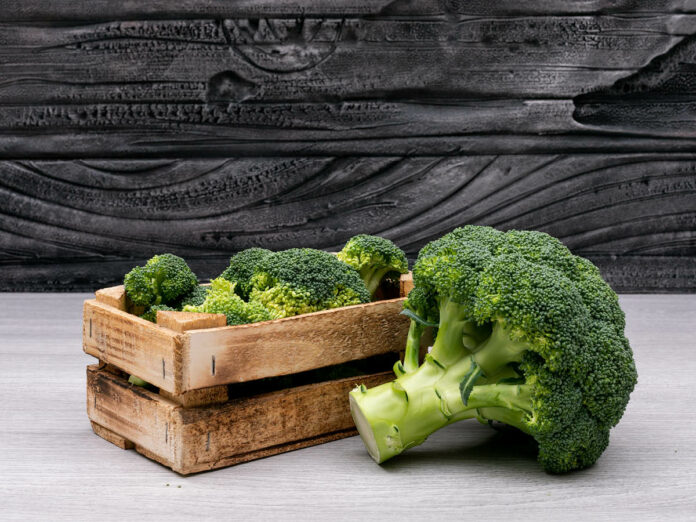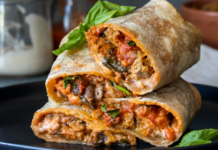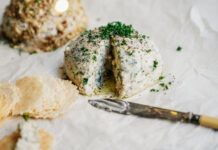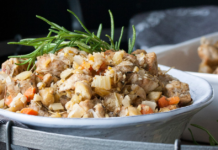
Your Immune System: How Does It Work?
Most of us imagine the immune system to be like an army of germ-fighting warriors that protect the body against foreign enemies. And that’s quite accurate. Our immune system is truly the police force of the body and its job is to fend off an invasion of harmful substances, including bacteria, viruses, fungi and dangerous chemicals. This complex network of cells and proteins is designed not only to prevent us from getting sick but also to help heal our bodies.
Exercise and Immune Suppression
Those who regularly engage in heavy athletic training have been shown to put extra strain on the immune system and are more susceptible to infection. This is called immune-suppression – stress lessens the ability of your white blood cells to do their job protecting your body. Psychological stress, lack of sleep, and poor nutrition only further weaken immunity, putting you at an increased risk of infection.
Nutrients and Immunity
Of course, there are many positive benefits to staying active and none of us should give up our love for exercise just to avoid getting sick. Instead, we should turn our attention to different ways that can help us protect our bodies while continuing to get stronger, faster, and healthier. One of the main keys to maintaining your natural immune defence and staying healthy is proper nutrition. Therefore, the first step towards boosting your immunity is to ensure that the food you are eating is highly nutritious and rich in vitamins, minerals and enzymes. Read on to discover 10 foods that may offer great support to the immune system.

The Top 10 Foods for Immune Health
1. Brazil Nuts
Brazil nuts are one of the highest food sources of selenium. A warrior of an antioxidant, selenium fights free radical damage and is essential to maintain immune function, in conjunction with other antioxidants including vitamin E and glutathione.
It only takes four brazil nuts per day to get your daily dose of selenium. Eat them raw, mix them into a salad or add them to your smoothies and dressings.
Try: Crock Pot Grain-Free Choco’Nutz Granola
2. Pumpkin Seeds
Pumpkin seeds are very high in zinc – a multi-functional mineral that assists healing and maintaining appropriate amounts of vitamin E. It can help maintain prostate health, and diminishes cold symptoms.
Including raw or sprouted pumpkin seeds into your diet regularly is an excellent way to support your body at a cellular level and strengthen your immune system.
Try: Creamy Spiced Pumpkin Butter
3. Broccoli
A cruciferous vegetable that is nutrient-dense, broccoli is rich in chlorophyll and also contains other beneficial nutrients like vitamin C and carotenoids. Carotenoids are beneficial antioxidants that can protect you from disease and enhance your immune system.
Please note that carotenoids are fat-soluble compounds, meaning they are best absorbed with healthy fats.
Try: Vegan Cheesy Broccoli Soup
4. Celery
Celery is an excellent source of vitamin C, a vital antioxidant that promotes healing and keeps your immune system in check. On top of that, celery contains a great amount of organic sodium, which gives it a slightly salty taste. Along with potassium, chlorine sodium helps to maintain the body’s electrolyte balance.
This popular vegetable is also a natural diuretic and a powerful remedy for circulatory disorders, such as high blood pressure and lymphatic congestion. Just 4 stalks a day (or some celery juice) will do the trick.
Try: Celery Juice For Beginners
5. Shiitake Mushrooms (and other mushrooms)
Not only are shiitake mushrooms high in amino acids (seven essential), rich in B vitamins, and easily absorb vitamin D when sun-dried, they provide a boost to your immune system. Shiitakes naturally improve the function of your T-cells (immune system cells), due to a polysaccharide/complex sugar called lentinan.
Try: Vegan Thai Curry In a Hurry
6. Garlic
Garlic is a common home remedy for the prevention of colds and other illnesses. Garlic can support your body at a cellular level, acting like an antioxidant, supporting immune function. Allicin, a chemical compound found in garlic, acts as a natural antibiotic because of its antimicrobial properties, helping you reduce the risk of getting a cold.
Try: Healing Garlic Miso Soup – Anti Viral & Immune Boosting
7. Ginger
Ginger is a valuable support for your immune system. Gingerols, the active compounds in ginger, help minimize inflammation and rheumatism. It has also been shown to have antibiotic properties in test tubes (killing salmonella and staph bacteria). Ginger has been successfully used in the treatment of nausea, headaches, chest congestion, colds, diarrhea, and stomach aches.
Try: Antiviral Juice For Your Immune System
8. Green Tea
Rich in antioxidant polyphenols and chlorophyll, green tea has been used as a health-promoting beverage for centuries. Green tea contains natural antioxidants called catechins. These substances have been shown to have antimicrobial properties against bad bacteria (such as H. pylori, the bacteria responsible for some ulcers). Also, tea catechins and other antioxidant compounds may help reduce the effects of stress, in addition to supporting immune function.
Try: The effectiveness of green tea depends on how you prepare it. Take 1 ½ teaspoons of green tea for two cups of tea. In a pot, bring water to a boil. Once it reaches the boiling point, turn it off and wait for the bubbles to settle. Once the bubbles have dissipated, add the tea to the water. Allowing it to steep for no longer than 35-45 seconds, after, strain the tea into a teapot, so the tea does not lose its effectiveness. You may use the same leaves a second time by following the same steps.
9. Fermented Foods
Fermented foods such as sauerkraut, kimchi, raw cultured vegetables, miso, and kombucha are rich sources of probiotics that help support the immune system and reduce inflammation in the body. These foods assist the immune system by nourishing your good bacteria while eliminating pathogenic bacteria in the gut. This has been shown to help strengthen the gut lining which prevents “leakage” of unwanted material into the gut, thereby causing an excessive immune response.
Many fermented foods, including sauerkraut and kimchi, are high in vitamin C and iron, both of which help the body fight against infection.
Try: Homemade European Sauerkraut with Caraway
10. Goji Berries (and other berries)
Goji berries contain unique compounds known as Lycium barbarum polysaccharides. Research has shown that these compounds enhance the body’s ability to resist disease by fighting harmful free radicals and reducing inflammation. The berries are also a rich source of vitamin A and C, similar to other berries, including blueberries and raspberries. You can purchase goji in your local health food store or online.
Try: Goji Berry + Ginger Smoothie
Note: The information in this article has not been evaluated by the Food & Drug Administration or any other medical body. We do not aim to diagnose, treat, cure or prevent any illness or disease. Information is shared for educational purposes only. You must consult your doctor before acting on any content in this article, especially if you are pregnant, nursing, taking medication, or have a medical condition.
 IMPACT Magazine’s Special Summer Edition
IMPACT Magazine’s Special Summer Edition
This has not been a regular summer, and this is not a regular edition of IMPACT Magazine. In fact, it is an unprecedented issue that comes to you as a result of true grit and community support.















